For example a little Computergame with three Classes Player, Bot and Game
Player has a Method that checks if the Player collide with a bot
// Player.h
#include Game.h
#include Bot.h
class Player {
private:
bool collision(Game g) {
for (Bot bot: g.bots)
...
}
};
The Bot.h (kept simple, of cause it has some other attributes like actual position and so far)
// Bot.h
class Bot {
public:
Bot()
};
The Gameclass handles the Gameloop and the List of Bots
//Game.h
#include Bot.h
#include Player.h
class Game {
public:
Player player:
std::vector<Bot> bots
void loop() { player.collision() }
};
So here we have the problem that Game.h includes Player.h and the other way around.
How can I resolve this?

